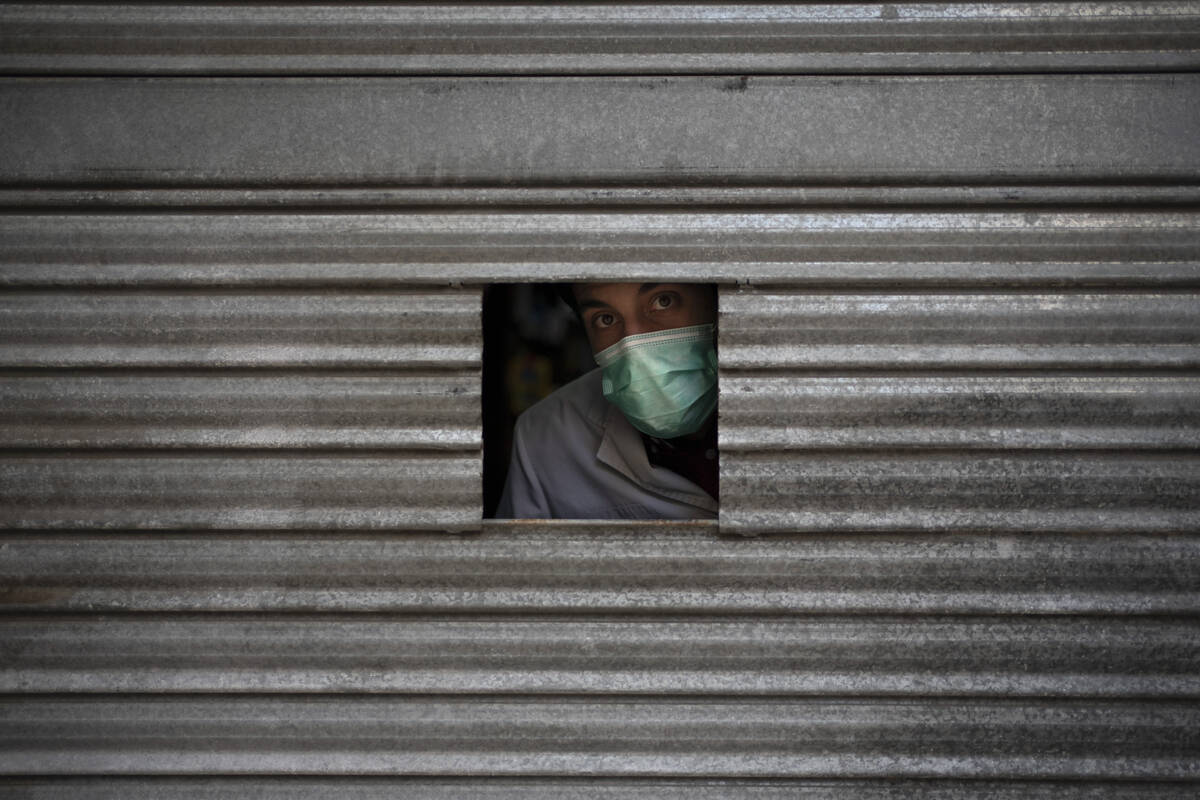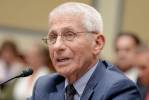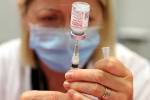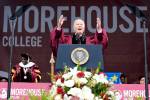EDITORIAL: Lockdown fizzle
A definitive examination of how the United States and the world responded to the COVID-19 pandemic remains years off. But some initial studies haven’t been kind to those who touted draconian restrictions.
On Monday, researchers at Johns Hopkins released a report finding that lockdowns and other measures implemented early in the pandemic reduced deaths by a scant 0.2 percent while creating a host of other problems.
“We find no evidence that lockdowns, school closures, border closures and limiting gatherings have had a noticeable effect on COVID-19 mortality,” wrote the researchers, who are all economists.
Policymakers can be excused their mistakes early in the pandemic. They were flying blind, and public health officials and medical professionals had little understanding of how things might unfold. Worst-case models were predicting millions of deaths and garnering outsized media attention. Researchers at the Imperial College of London estimated that draconian limitations designed to slow the spread of the virus could reduce death rates by 98 percent.
But two years into the pandemic — with highly effective vaccinations available — more sober analysis indicates that the lockdown approach didn’t deliver as promised.
“We conclude that lockdowns are not an effective way of reducing mortality rates during a pandemic, at least not during the first wave of the COVID-19 pandemic,” the Johns Hopkins team wrote. At the same time, “They have contributed to reducing economic activity, raising unemployment, reducing schooling, causing political unrest, contributing to domestic violence and undermining liberal democracy.”
Interestingly, the study found that targeted nonessential business closures may have had a small effect —10 percent — on COVID mortality. But even that wasn’t enough to overcome the many problems that shutdowns triggered.
“Lockdowns have limited peoples’ access to safe (outdoor) places such as beaches, parks and zoos, or included outdoor mask mandates or strict outdoor gathering restrictions, pushing people to meet at less safe (indoor) places,” the study found. “Indeed, we do find some evidence that limiting gatherings was counterproductive and increased COVID-19 mortality.”
Critics of the report argue the researchers — who had previously criticized many virus restrictions — had a preconceived agenda. But there has been little academic evidence supporting the efficacy of school closures or lockdowns. And many politicians don’t seem interested in having the effectiveness of their policies subjected to rigorous review.
“What is really troubling is the lack of interest by governments in properly evaluating these drastic social interventions, in comparison with the investments in research on vaccines and drugs,” Robert Dingwall, a COVID adviser to the British government, told London’s Daily Mail. “We should not be debating attempts to make sense of poor-quality data but considering well-designed studies carried out alongside the lockdowns. The public inquiry will need to ask why such work was not commissioned.”




























